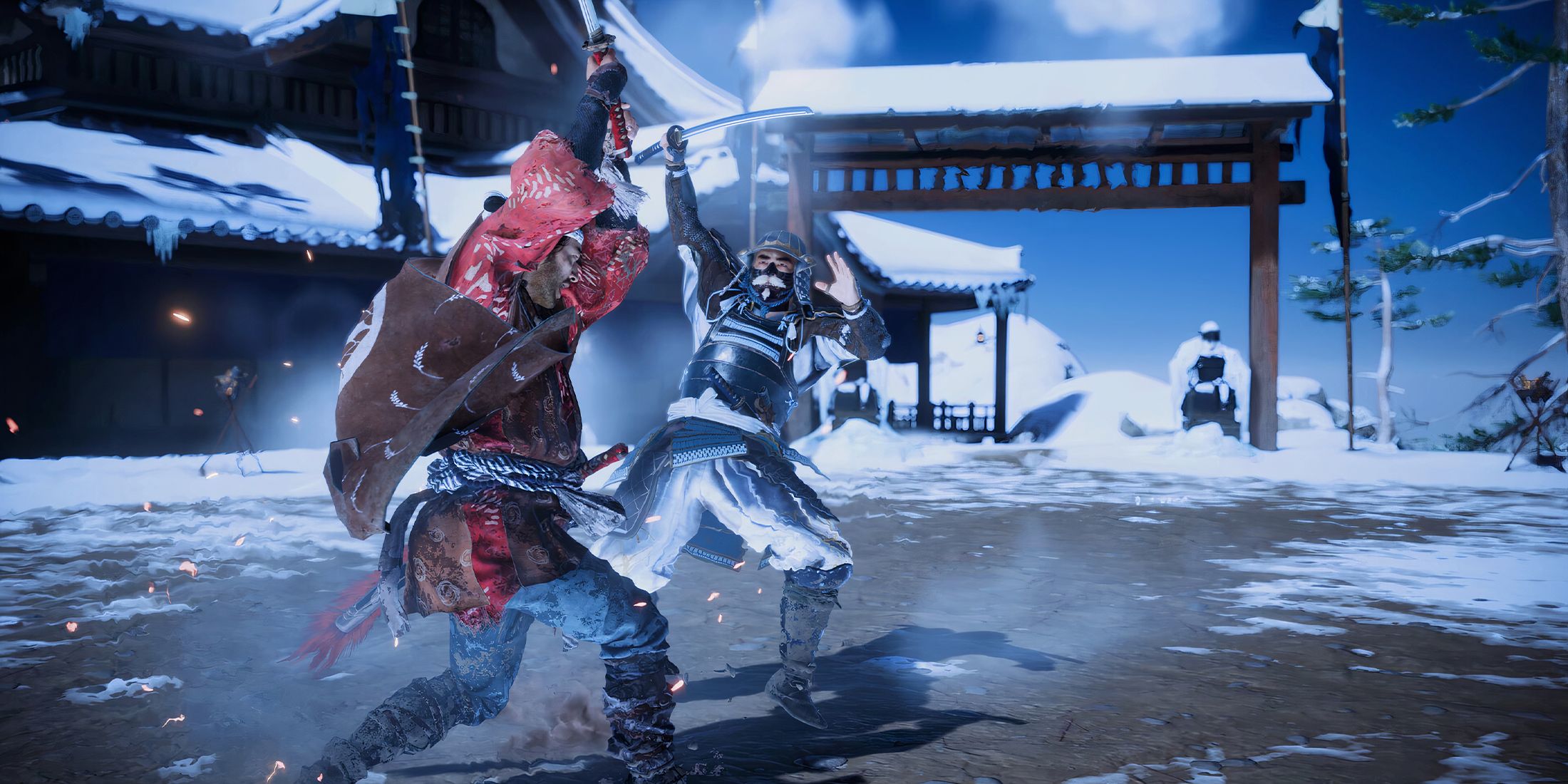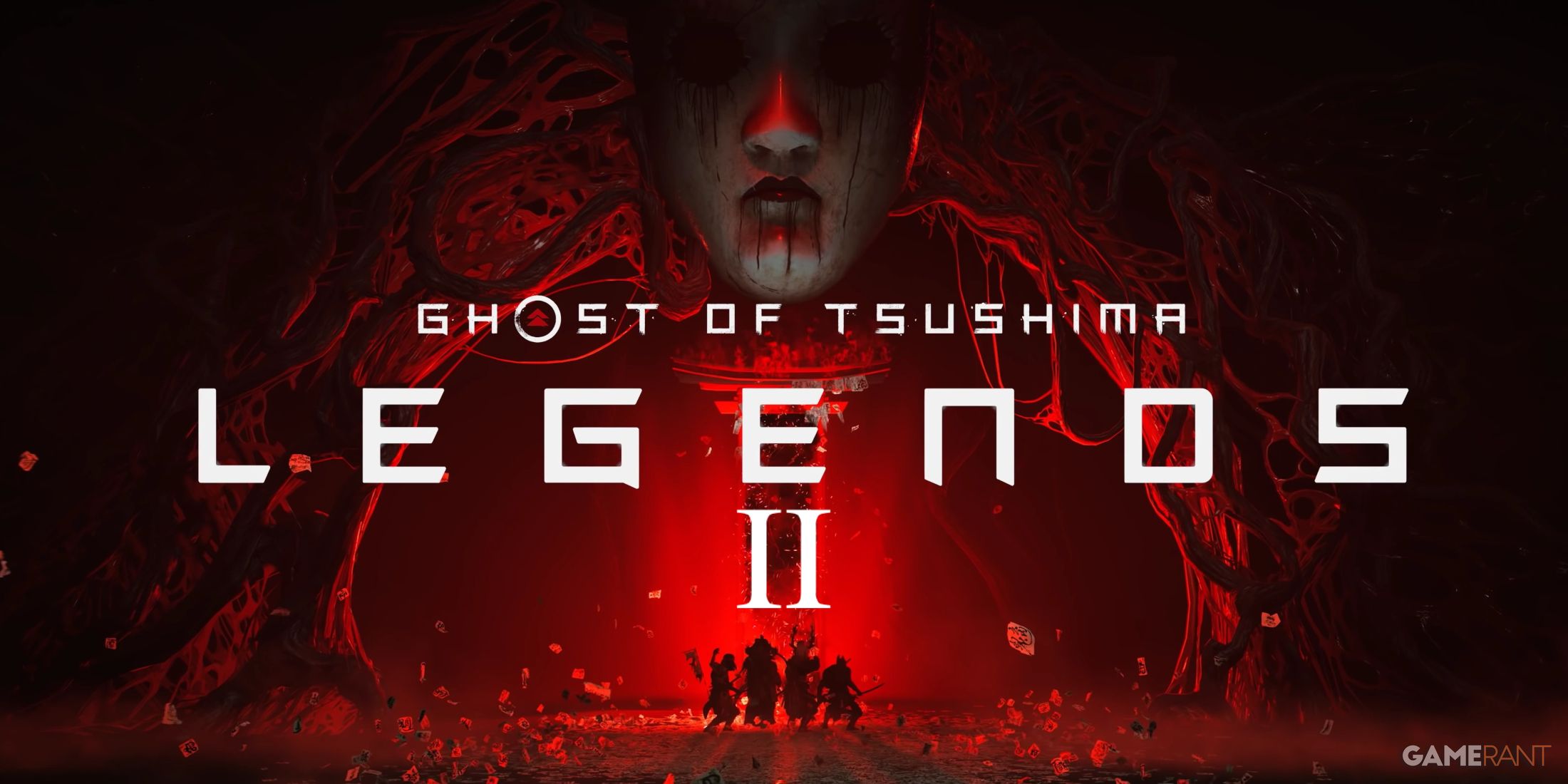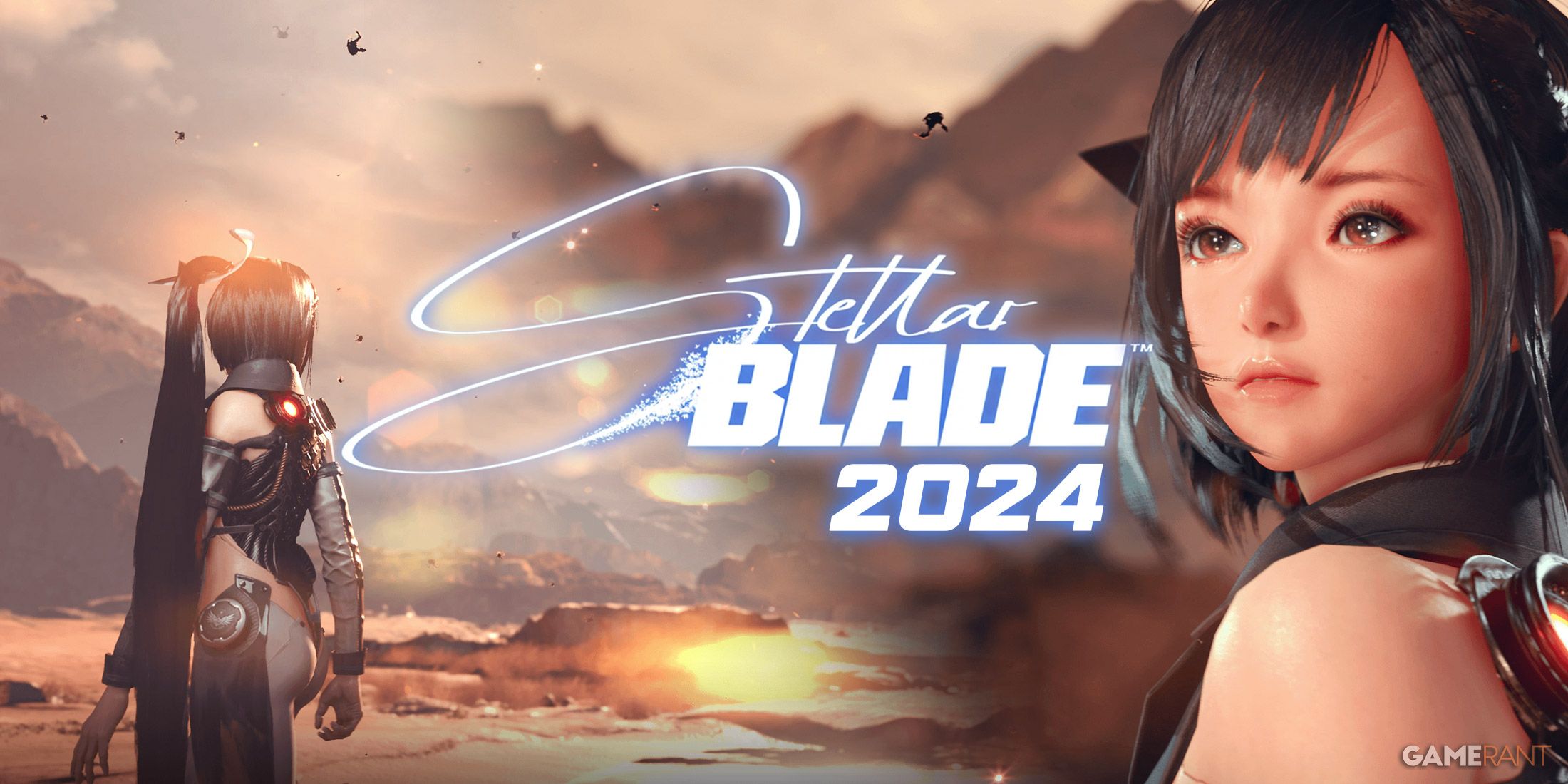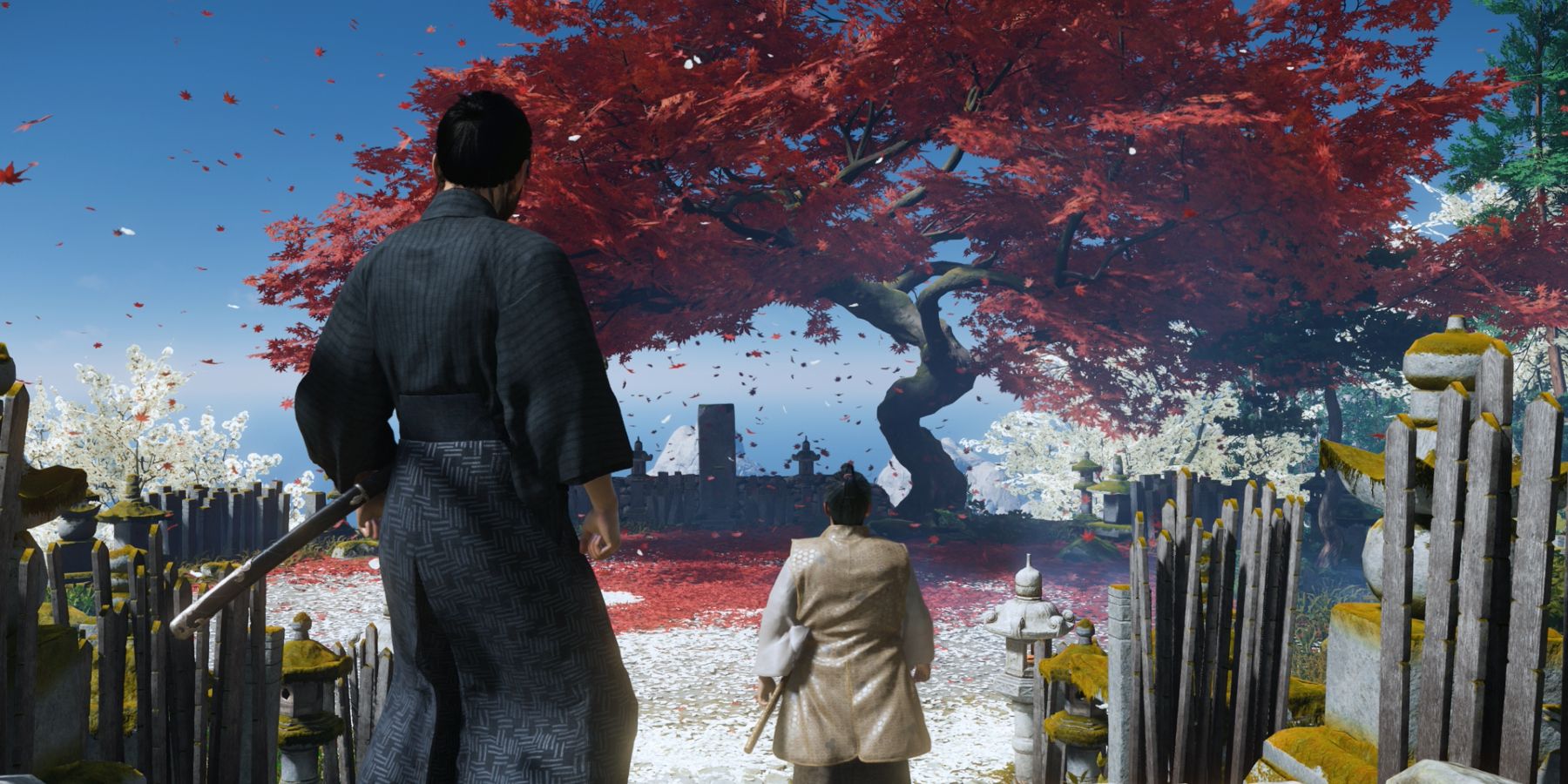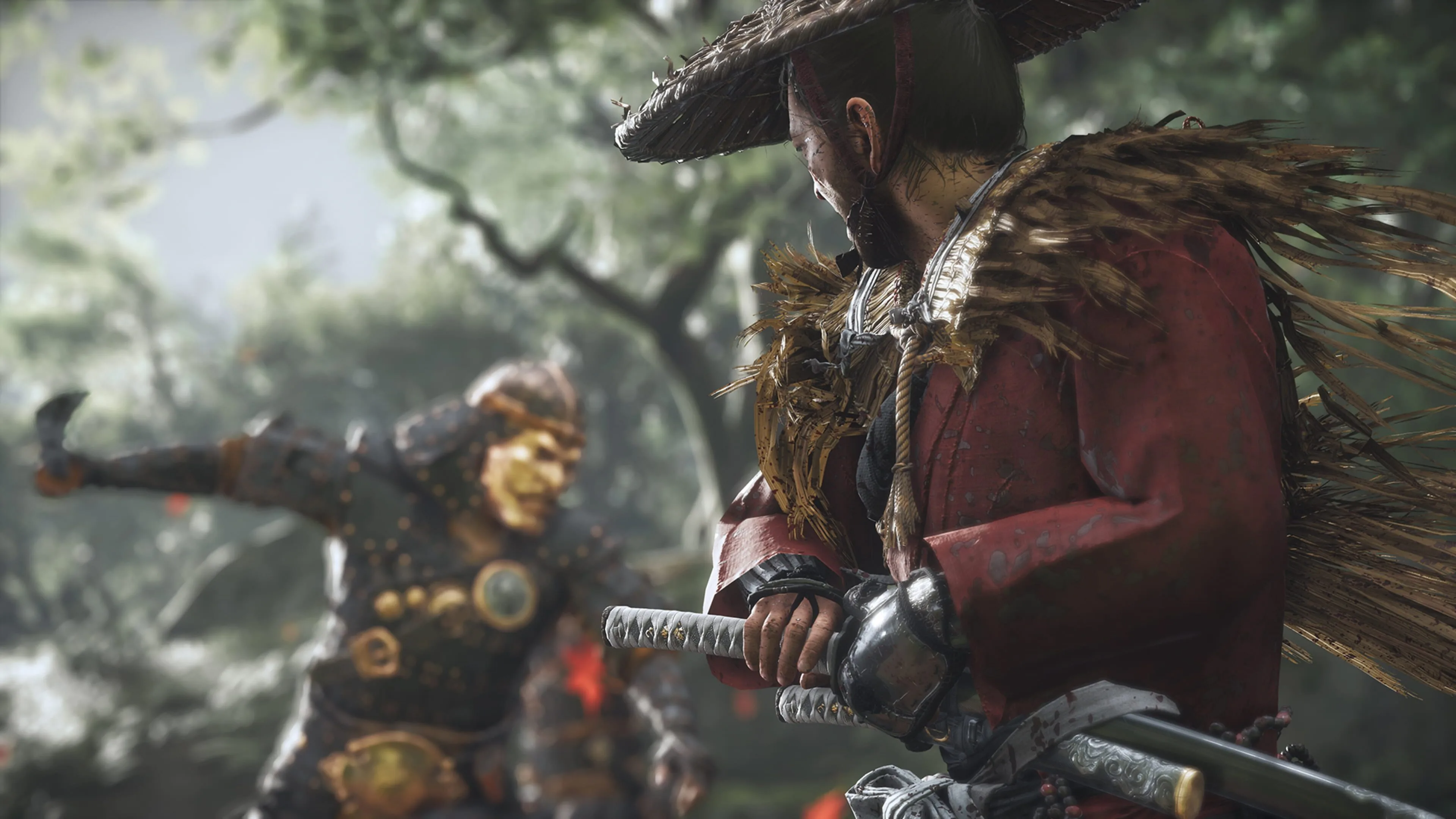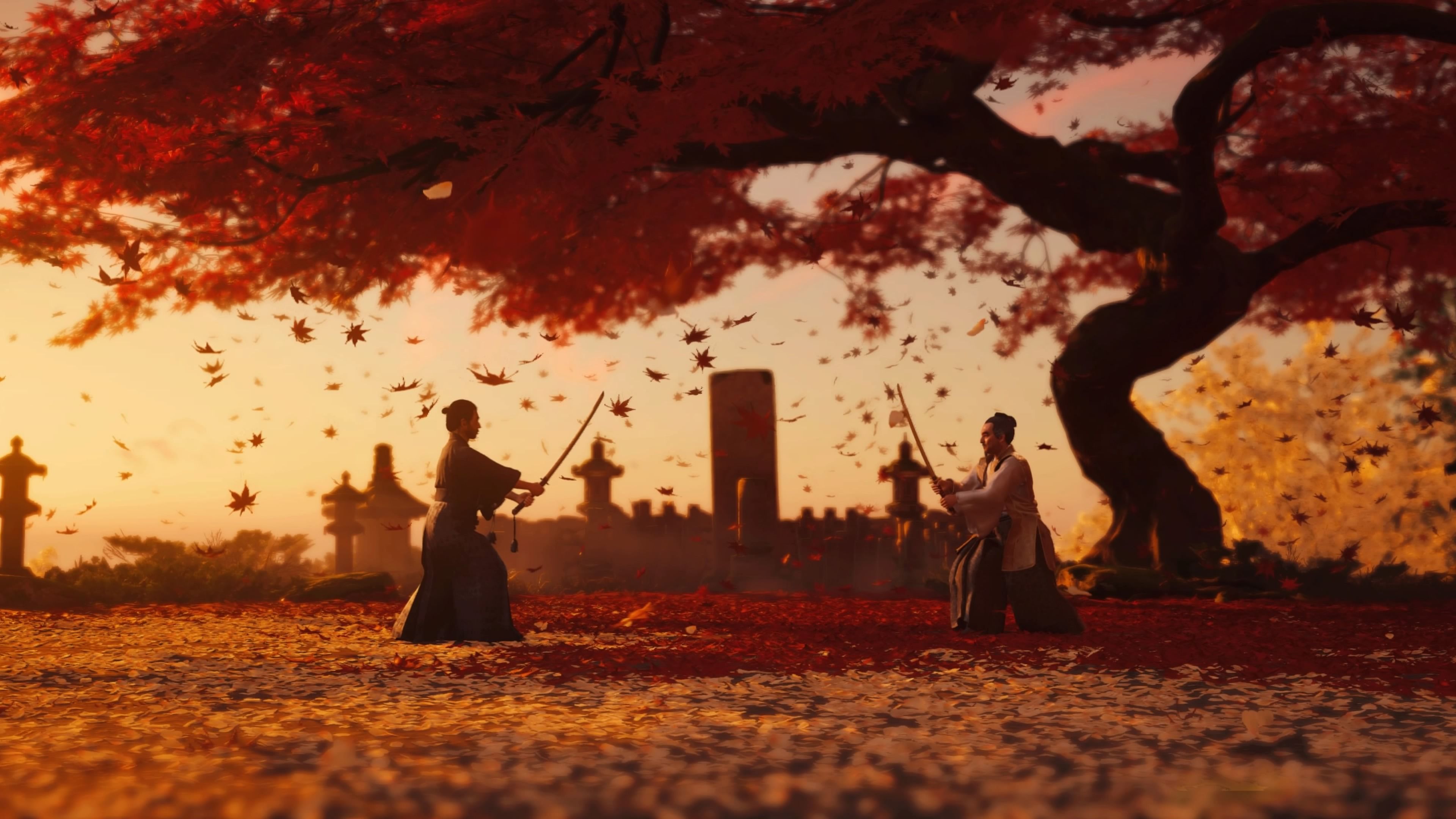Morality is presented and challenged through honor in Ghost of Tsushima’s feudal Japan. The overarching choices brought to protagonist Jin Sakai are to remain an honorable samurai and employ strategic tactics that allow him to face enemies head-on, or become a dishonorable figure and cut down enemies through stealth and other eccentric means. Choosing to become Ghost of Tsushima’s titular Ghost, Jin kills Mongols in ways he deems effective. These actions decide what happens later in the narrative, but they are unfortunately not the player’s actions to take.
This gives players a sense that Jin’s actions are not entirely frowned upon, at least until poison is introduced. Each decision Jin makes is scripted, and may go against what players would have chosen. If Ghost of Tsushima had a dedicated morality system, it would have been great to see players tasked with these choices themselves. Substantial changes would have undoubtedly required a rewrite for most of Ghost of Tsushima’s narrative, but a morality system could have made interactions and gameplay more divisive and engaging for the player.
Ghost of Tsushima’s Narrative is Scripted Regardless of Playstyle
Ghost of Tsushima could have featured legitimate repercussions for players who decide to partake in dishonorable assassinations and killings, as well as for players who decide to only wield their blade honorably and at the service of Lord Shimura and the shogun. This way, there would have been a lot more at stake when players approach a combat encounter and their plan of action would need to be considered based on whether it would push them toward an honorable or dishonorable path.
One particular consequence of remaining wholly honorable could have been that certain NPCs and huge numbers of samurai die, as Jin is concerned about throughout the actual narrative. This would keep Jin honorable and beloved by his uncle, but it would have a lasting impact on how companions perceive him.
The third act’s Wolves at the Gate quest is an example of how morality could have been a dedicated system. When deciding how to approach a Mongol encampment at Fort Kaminodake, Yuna’s archer contacts tell Jin that they will follow him whether he chooses a stealth approach or an offensive approach. The most disappointing part of Ghost of Tsushima lacking a morality system is that even if players could run an entire playthrough without killing anyone dishonorably, there are multiple scripted cutscenes that have Jin do so regardless.
Ghost of Tsushima’s Endings Lack the Impact They Could’ve Had
Ghost of Tsushima has two endings: one where the player decides to honor Lord Shimura’s wishes and kill him following their duel, and one where the player decides to spare Lord Shimura and dishonorably leave him alive. This somewhat echoes the two ending paths from Dishonored, which are determined based upon whether players had chosen to violently kill enemies or passively avoid them.
Dishonored would have provided a phenomenal morality system blueprint for Ghost of Tsushima, seeing as the latter’s narrative revolves around honor. Whether players kill Mongols honorably or dishonorably could have resulted in a particular ending sequence.
Instead, Ghost of Tsushima’s Spare ending is confirmed as canon, seemingly because it makes the most sense for Jin Sakai in his departure from a noble samurai to a dishonorable vigilante. This is the perfect way to concretely cement him as an outlaw figure who is willing to do whatever it takes to defend and avenge Tsushima, but it is strange for Ghost of Tsushima to only let players choose a narrative outcome in its final moments.
Players had not been able to decide anything beforehand, and thus the emotional weight of selecting whether Lord Shimura lives or dies is not as significant as it could have been. Now, if a Ghost of Tsushima sequel does continue Jin’s story, a morality system would be redundant because he has already canonically chosen the path of the Ghost.
Ghost of Tsushima is available for PS4 and PS5.

